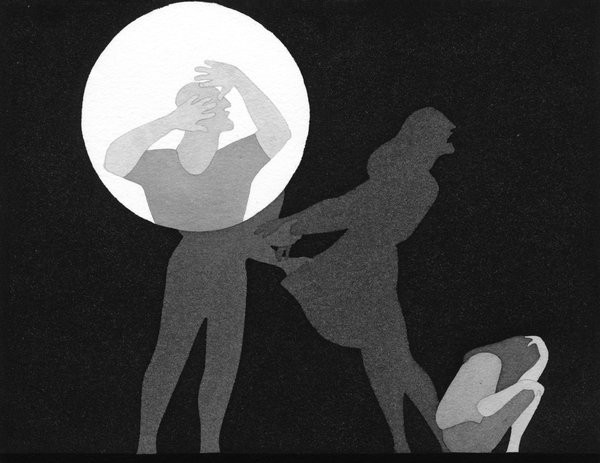Supported by
Who Blames the Victim?

IF you are mugged on a midnight stroll through the park, some people will feel compassion for you, while others will admonish you for being there in the first place. If you are raped by an acquaintance after getting drunk at a party, some will be moved by your misfortune, while others will ask why you put yourself in such a situation.
What determines whether someone feels sympathy or scorn for the victim of a crime? Is it a function of political affiliation? Of gender? Of the nature of the crime?
In a recent series of studies, we found that the critical factor lies in a particular set of moral values. Our findings, published on Thursday in the Personality and Social Psychology Bulletin, show that the more strongly you privilege loyalty, obedience and purity — as opposed to values such as care and fairness — the more likely you are to blame the victim.
These two sets of values have been the object of much scholarly attention. Psychologists have found that when it comes to morality, some people privilege promoting the care of others and preventing unfair behaviors. These are “individualizing values,” as they can apply to any individual. Other people privilege loyalty, obedience and purity. These are “binding values,” as they promote the cohesion of your particular group or clan.
Binding and individualizing values are not mutually exclusive, and people have varying degrees of both. But psychologists have discovered that the extent to which you favor one relative to the other predicts various things about you. For example, the more strongly you identify with individualizing values, the more likely you are to be politically progressive; the more strongly you identify with binding values, the more likely you are to be politically conservative.
Our animating insight was that these two clusters of values entail different conceptions of victims. Proponents of individualizing values tend to see a dyad of victim and perpetrator (a victim is hurt, a perpetrator does the hurting). Proponents of binding values, however, may see behaviors as immoral even when there is no obvious victim — for example, the “impure” act of premarital sex or the “disloyal” act of flag burning — and may even feel that doing the right thing sometimes requires hurting others (as with honor killings, to pick an extreme example). So we hypothesized that support for binding values would correlate with a greater tendency to blame victims.
Advertisement